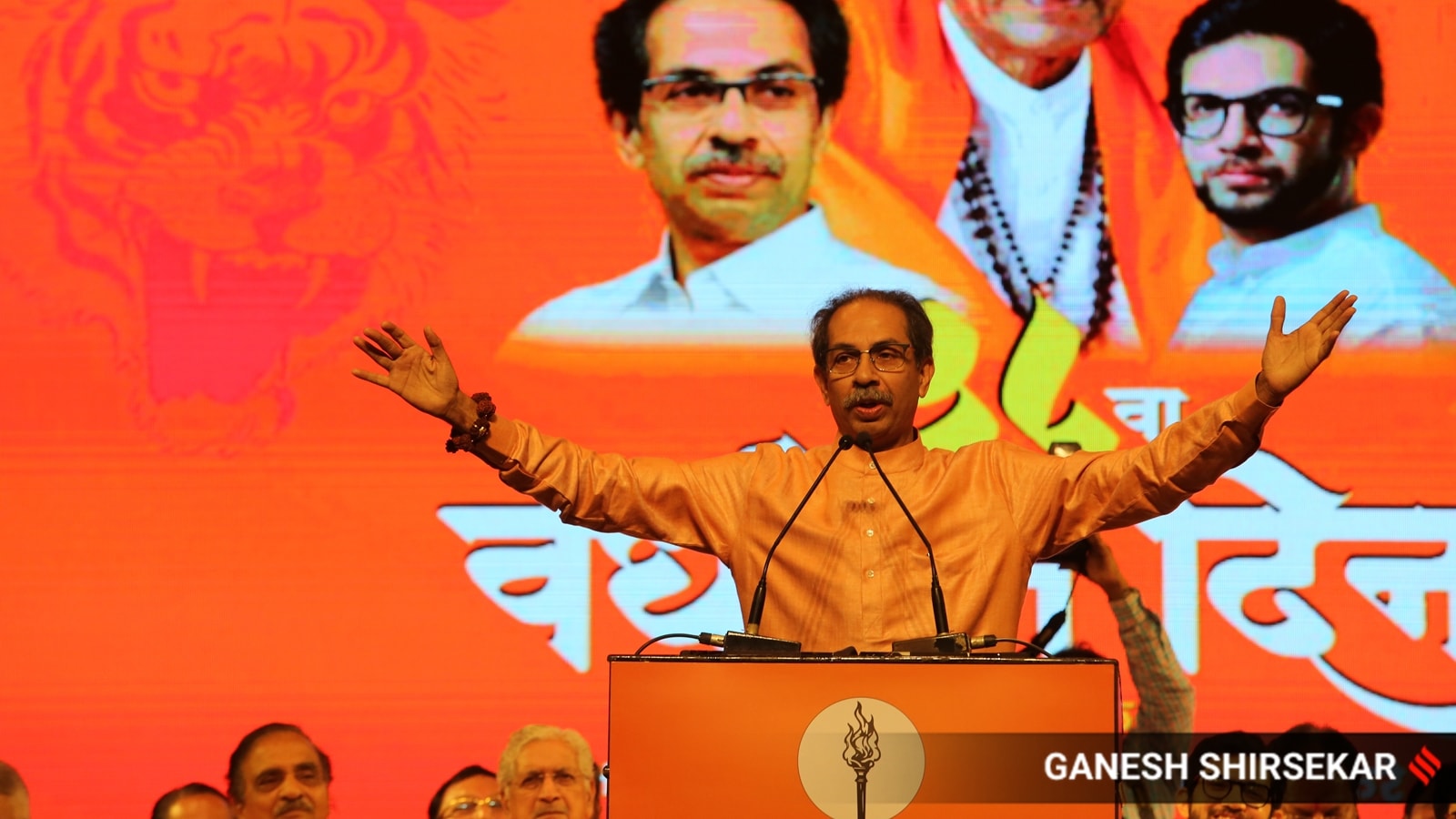 |
|
The upcoming Maharashtra Assembly elections, scheduled for November 20, are poised to be a defining moment for the Uddhav Thackeray-led Shiv Sena, particularly in Mumbai, a city historically considered the party's stronghold. The split within the party, led by Eknath Shinde, has significantly altered the political landscape, presenting a critical test for Thackeray's faction's political viability. While Mumbai holds a significant share of the state's population, its influence on the Shiv Sena's political fortunes has been disproportionately larger, with a considerable chunk of the party's MLAs hailing from the city. The post-split dynamics have intensified this skew, with a majority of Uddhav Thackeray's loyalist MLAs representing Mumbai constituencies.
Over the past decade, Mumbai's political arena has largely been dominated by the Shiv Sena and the BJP. Their combined dominance was solidified in the 2014 and 2019 elections, where they collectively secured a majority of the city's seats. However, the Shinde-led rebellion has dramatically reshaped the political landscape, particularly for Uddhav Thackeray's faction. The initial wave of sympathy that followed the split, fueled by tactical alliances with the Congress and the NCP, helped Thackeray secure three out of six Lok Sabha seats. However, the Eknath Shinde government's focus on infrastructure development and monetary incentives, such as toll waivers, could dilute this initial sympathy. The government's aggressive campaigning, highlighting these improvements, is aimed at appealing to voters.
The BJP, with its dominant position in the state and ambitions to expand its presence in Mumbai, is actively strategizing to capitalize on the goodwill generated by Prime Minister Narendra Modi and Deputy Chief Minister Devendra Fadnavis. Their campaign emphasizes infrastructure development, presenting themselves as the party best positioned to deliver on promises of progress. However, concerns regarding law and order, particularly following the fatal shooting of former MLA Baba Siddique, could potentially impact the ruling government's electoral prospects. Additionally, the large-scale land transfer to the Adani Group for the Dharavi redevelopment project has become a contentious issue, with potential to attract criticism and erode public support. The Congress, seeking to improve its performance after a significant decline in recent years, is relying heavily on its alliance with the Shiv Sena and its support among minority and Dalit communities in Mumbai. The Muslim community, constituting a significant proportion of the city's population, is expected to rally behind the Congress, potentially boosting their chances. Sharad Pawar's NCP, historically lacking a strong presence in Mumbai, faces challenges, especially with indications of a possible defection by its sole MLA to the Ajit Pawar faction. Other smaller parties, while playing a marginal role, could influence the outcome of closely contested races by siphoning votes from major parties.
Source: Uddhav Thackeray’s Shiv Sena faces critical test with Maharashtra Assembly elections approaching
